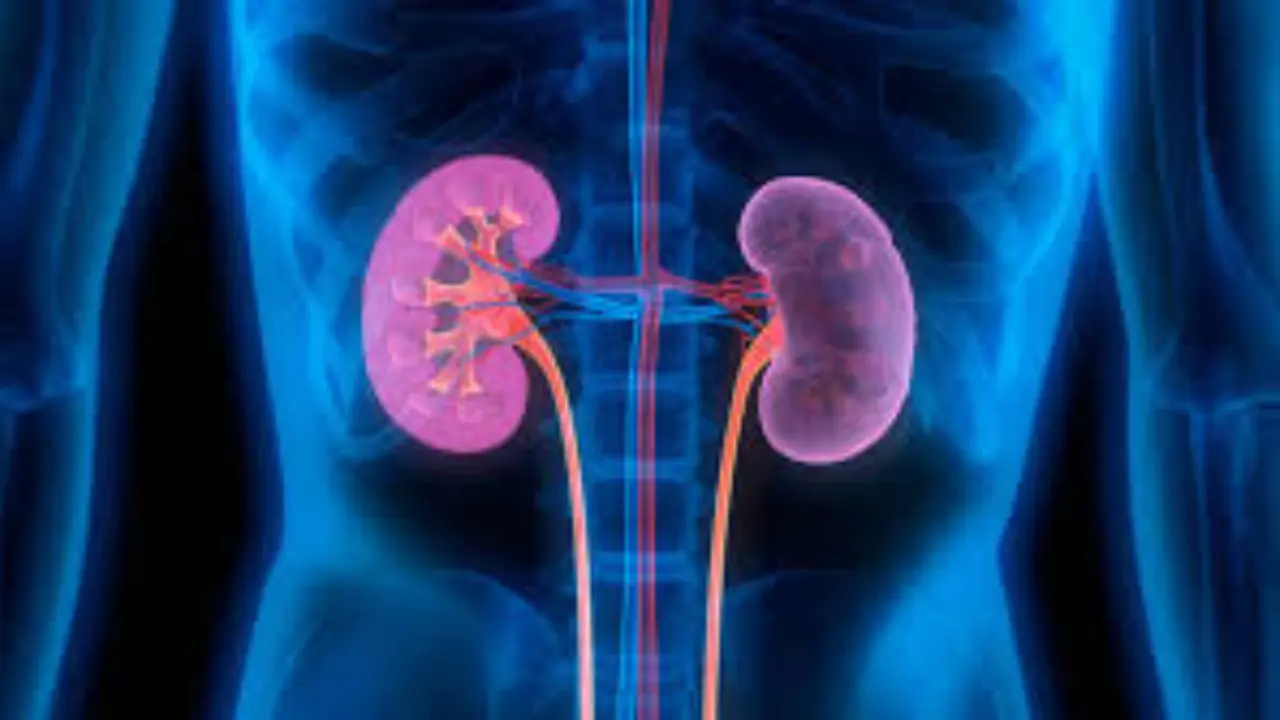
The monsoon season in Mumbai is far from over, and among several health issues that accompany rainy days, health experts have also observed a surge in kidney stone cases in the city and suburbs.
Traditionally considered a condition affecting middle-aged men, kidney stones are also being observed in young adults and women, with patients presenting symptoms like severe pain, recurrent infections, and other complications.
Explaining the condition, Dr Nasreen Gite, consultant urologist at Apollo Spectra Hospital in Mumbai, says, “Urinary stones are hard mineral deposits that form in the kidneys when substances like calcium, oxalate, and uric acid become concentrated in the urine. The number of kidney stone cases are rising in young adults and women because people often drink less water as they are outdoors majority of the time for work. Dehydration leads to concentrated urine, which allows minerals to clump together and form stones. This, with modern dietary habits like eating salt-laden processed food, is creating a perfect storm for kidney stone formation.”
“Kidney stone-related issues make up nearly 15-20 per cent of urology OPD visits, with a spike of up to 30 per cent during the hot and humid months. In the last two months, four out of 10 youngsters aged 23-27 and six out of 10 women aged 35-55 presented with kidney stones and complaints such as blood in urine, frequent urination, lower back, belly, or side pain, and even pain while peeing,” she reveals.
Dr Piyush Singhania, consultant urologist at Medicover Hospitals in Kharghar, also reveals observing about 20 per cent surge in kidney stone cases in the monsoon months.
Symptoms of kidney stone
According to experts, common symptoms of kidney stones include sharp lower back pain, nausea, blood in the urine, frequent urination, and in severe cases, fever and infection.
Prevention and management
Dehydration is a leading cause of kidney stone formation. “During cooler weather, people often drink less water, which leads to dehydration and a higher risk of kidney stones. Eating too much salty or processed food makes the problem worse during this season,” states Dr Singhania.
He further states that if left untreated, kidney stones can cause repeated infections, kidney swelling, or even long-term kidney damage.
“With timely diagnosis, most stones can be treated with medicines, hydration, or minimally invasive procedures like laser treatment,” he further informs.
However, prevention is key to protect oneself from the complications arising due to kidney stones. Modifiable lifestyle factors can help prevent the condition.
“Simple steps such as drinking enough fluids, reducing salt and processed food intake, and limiting red meat can go a long way in preventing stones. Timely diagnosis not only eases pain but prevents complications like kidney infections or permanent damage,” says Dr Gite.
Additionally, experts advise seeking timely consultation and treatment if symptoms are observed.
Disclaimer: This is for informational purposes only and does not replace professional medical advice. Kindly consult a qualified medical expert for personalised guidance.
